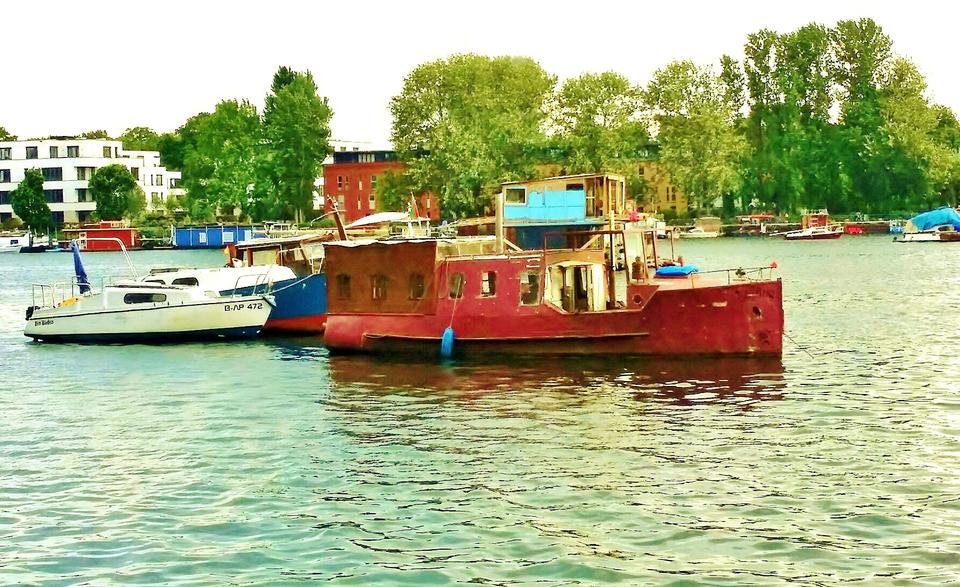Come spring, the boat people of Berlin are the city’s answer to the American groundhog or the Japanese cherry blossom. But it’s different for this Turkish immigrant.
The warm weather encourages many to spend the next few months on their houseboats in Berlin’s Spree River. It’s a tidy mix of well-heeled retirees, spendthrift rich kids, and floaters like Cahit Aslan who has nowhere to live, no health insurance or bank account.
Cahit brings a sort of eccentricity to this corner of privileged Berlin. While most around him have homes and live the floating lifestyle only in warmer months, Cahit’s is a more permanent existence, come rain, shine or snow. Lingering on the peripheries of society, he is truly disadvantaged. Born in a small Anatolian village of Kangal in Turkey, the 60-year-old lives on a boat he has named after his Turkish grandmother ‘Oma’, the German word for grandmother.
Cahit’s rusty dream boat is almost permanently moored off a small patch of grass in Berlin’s leafy suburb of Rummelsburg, but his roots are strongly entrenched in his ancestry.
“You know when a boy reaches the age of five in my village, he is given a dog, a gun and a horse, I had all three,” Cahit told World.
“My dad was the first generation of ‘Gastarbeiter’, we moved to Germany when I was nine, nearly 50 years ago, the welcome we got then was very warm, because we were here to build the country, there was only a small opposition at that time over guest workers coming from Turkey to Germany.”
‘Gastarbeiter’ or guest workers from Turkey came to Germany after the Second World War to help rebuild the country’s devastated infrastructure and provide essential manpower for its industry.
Cahit’s siblings and parents painted a typical picture of an immigrant ‘Gasarbeiter’ family.
“My dad was illiterate. I taught him how to read and write, and then he became a bus driver. Life wasn’t bad, but before my dad died, he told me, `Cahit, go home, this will never be your home, these will never be your people,’” he said.


Comment here